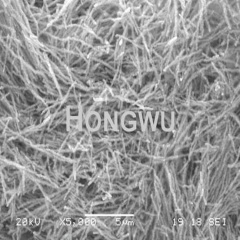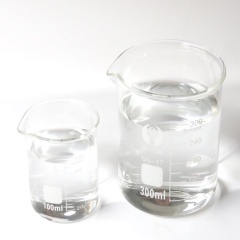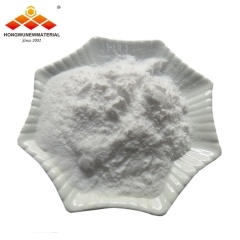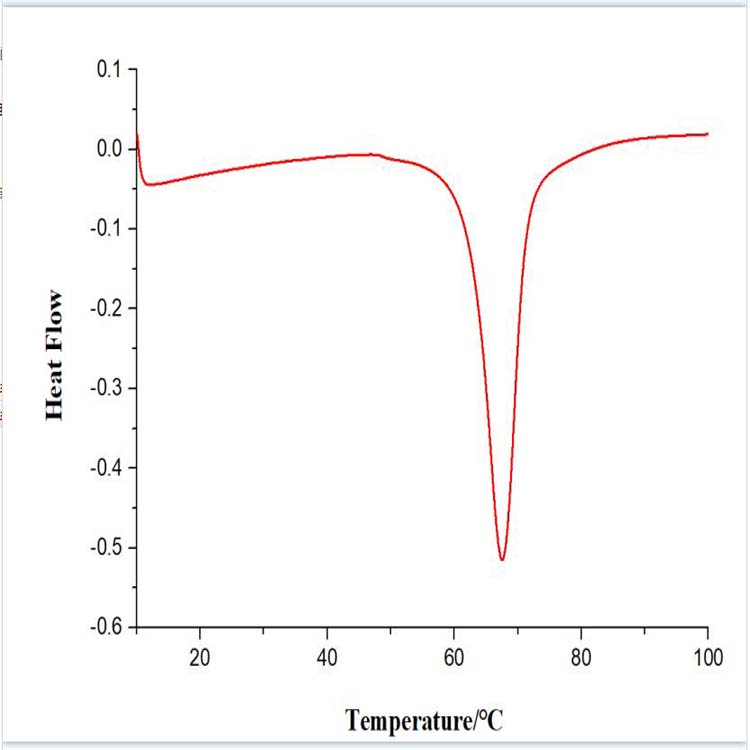Zero-valent nano iron (ZVI) is a common catalyst that is widely used in the treatment and degradation of hydrocarbon wastes.
In hydrocarbon waste treatment, the main role of ZVI is to convert organic pollutants into harmless substances through catalytic reduction reactions. The following are the key roles and mechanisms of ZVI in hydrocarbon waste treatment:
1. Reduction reaction: ZVI has strong reducibility, and can react with oxygen, water and oxides in pollutants, release electrons and carry out reduction reaction. These reactions can reduce organic pollutants (such as petroleum hydrocarbons, organic solvents, etc.) to less toxic or non-toxic compounds.
2. Surface catalysis: The iron atoms on the surface of ZVI can be used as a catalyst to promote the degradation reaction of organic matter. For example, after organic molecules are adsorbed onto the ZVI surface, the iron atoms on the ZVI surface can react with the organic molecules through electron transfer, breaking the carbon-hydrogen bonds and causing chemical degradation.
3. Oxidation reaction: In addition to the reduction reaction, ZVI can also react with oxygen in water to generate peroxides (such as hydrogen peroxide), thereby degrading organic pollutants through oxidation mechanisms.
4. Particularity of zero-valent nano iron particles: ZVI usually exists in the form of particles, with high specific surface area and abundant defect sites, which help to improve the rate and efficiency of catalytic reactions.
It should be noted that there may be some limitations and challenges in the application of ZVI in hydrocarbon waste treatment. For example, the reaction rate is affected by the concentration of organic matter in the waste, waste pH, moisture, and other environmental factors. In addition, ZVI may undergo corrosion and aggregation phenomena during long-term use, affecting its catalytic performance. Therefore, it is necessary to comprehensively consider various factors in specific applications and optimize the design for different waste characteristics and treatment requirements.
Overall, ZVI Zero-Valent nano Iron has potential as a catalyst in hydrocarbon waste treatment. With the continuous development of technology, the improvement and optimization of ZVI will further enhance its application effect in the field of waste treatment.


 English
English français
français Deutsch
Deutsch русский
русский italiano
italiano español
español português
português 日本語
日本語 한국의
한국의 Türkçe
Türkçe
















 8620-87226359,8620-87748917
8620-87226359,8620-87748917

